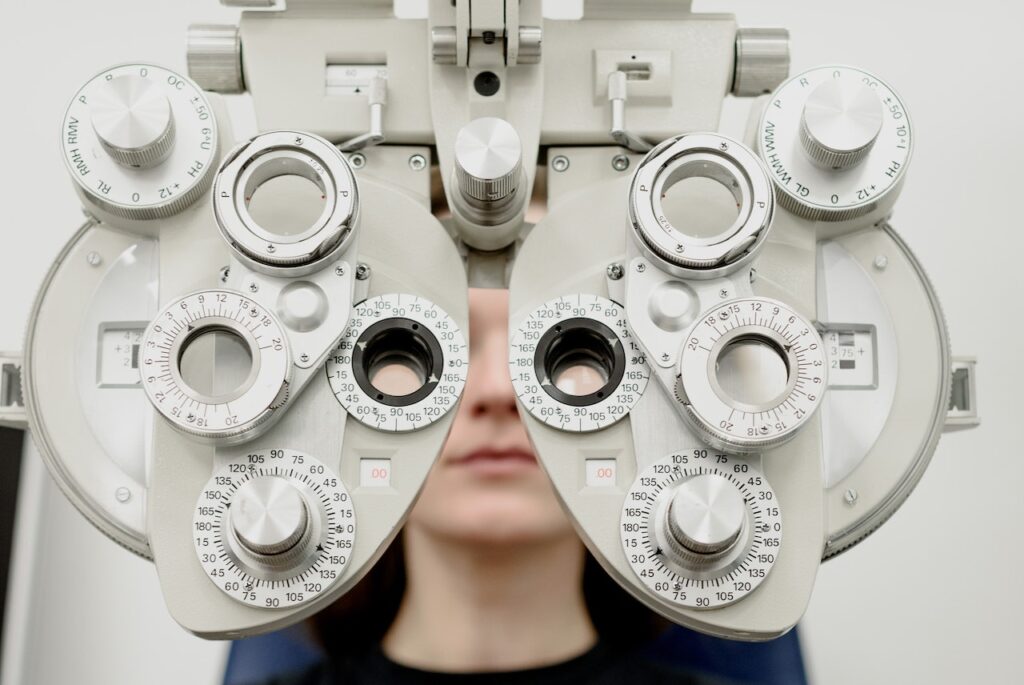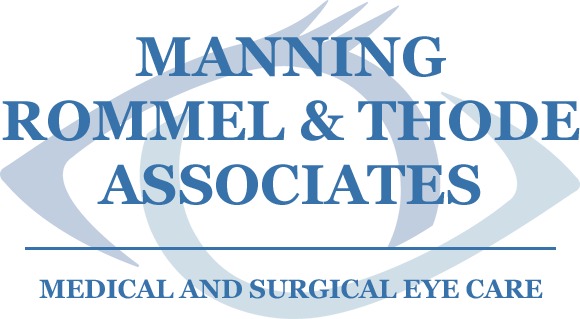Glaucoma is a type of eye disease that damages a nerve in the back of your eye called the optic nerve. It causes people to have vision loss and blindness. While most people know glaucoma as an eye disease, some people are unaware the optic nerve is also considered part of the brain.

There are some ways the brain and eye interact when glaucoma is present. Keep reading to learn more about the relationship between glaucoma and the brain.
What are the symptoms of glaucoma?
There are many different types of glaucoma, but 9 in 10 people with glaucoma have open-angle glaucoma. Many people with this type don’t realize they have glaucoma since it doesn’t have any symptoms early on.
The only way to detect glaucoma before vision loss is during a vision exam. Eye physicians will evaluate the health of your eye and can spot the early signs of glaucoma. Besides an eye exam, a person may not notice they have glaucoma until they begin to experience vision loss, which slowly occurs over time.
Other types of glaucoma, like angle-closure glaucoma, appear suddenly and have symptoms like intense eye pain, upset stomach, red eye, and blurry vision. If left untreated, blindness can occur in a few days. You’ll want to see a doctor or visit an emergency room immediately if you experience these symptoms.
How does glaucoma affect the brain?
Researchers are looking at glaucoma as more than an eye disease. Some view glaucoma as a neurodegenerative disease of the eye. According to the Glaucoma Research Foundation, “Glaucoma shares a number of features with degenerative brain diseases such as Alzheimer’s, Parkinson’s, and Lou Gehrig’s disease. In all of these diseases, age and family history are significant risk factors, and specific areas of the brain are damaged over time.”
While further research is needed to determine how the brain and eye affect each other, it’s a point of active research. The hope is by studying the changes in the optic nerve and the brain, researchers can find new ways to diagnose and treat glaucoma.
What is the treatment for glaucoma?
Glaucoma treatment can’t reverse the damage already done, but it can stop vision loss from getting worse. Some treatment options include:
- Medicines: You may be prescribed eye drops to lower eye pressure and prevent further damage to the optic nerve.
- Laser treatment: Draining fluid from your eye can help lower pressure in your eye. This is done with laser surgery and is a simple procedure.
- Surgery: You may need surgery to reduce the pressure in your eye. Surgery will drain fluids out of your eye.
When should I see an eye physician?
There are no treatments to reverse the damage from glaucoma, so early detection is key to preserving your vision. Since common types of glaucoma don’t normally have any early symptoms, it’s ideal to visit an ophthalmologist for regular eye exams. This helps detect glaucoma before you start noticing changes in your vision.
It is recommended that everyone gets an annual eye exam to ensure optimal eye health. Besides checking your vision, an eye exam will also check your eyes for signs of disease like glaucoma.
If you’re looking for a vision exam near Lancaster, PA, look no further than Manning, Rommel, and Thode Associates. Our experienced ophthalmologists can diagnose your eye issue and provide treatment. Schedule an appointment by calling us at 717-393-7980, option 1.
